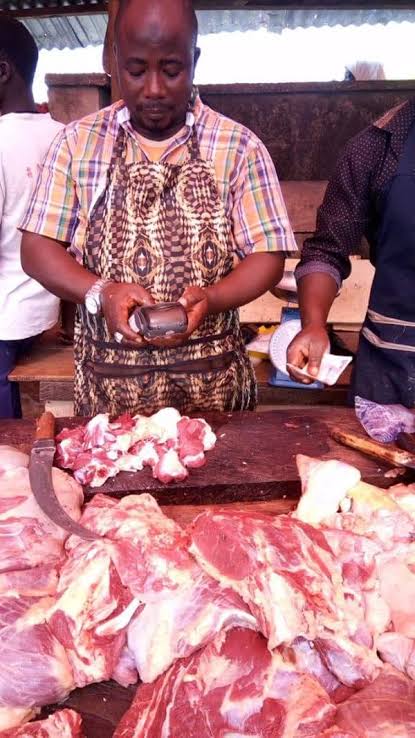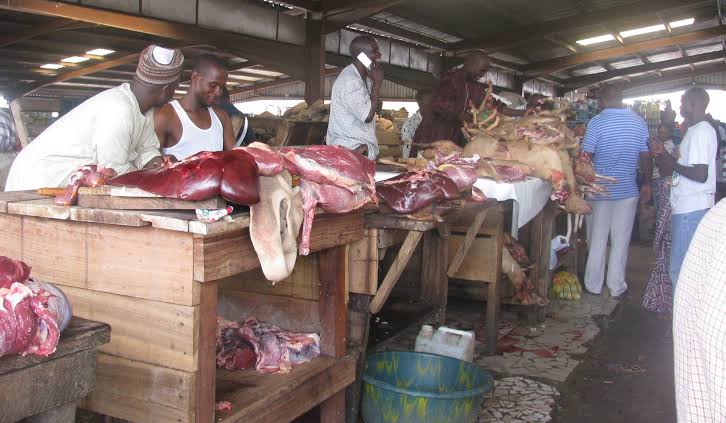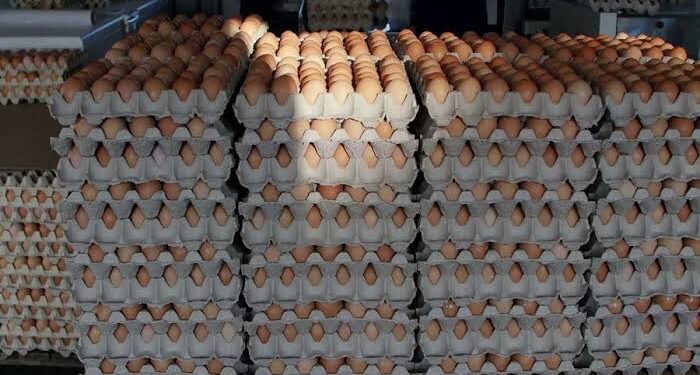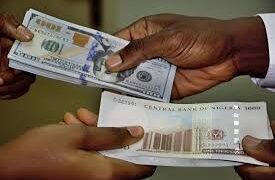Consumers in Nigeria are expressing deep concern over the persistent rise in the prices of egg and various types of meat, particularly livestock products. Many have voiced their frustration over the impact this has had on their daily consumption, especially for families with children who require protein-rich foods for healthy growth. The soaring costs of these essential food items have left many struggling to afford them, prompting calls for the government to step in and address the situation.
Several consumers, during interviews with journalists in Abuja on Sunday, shared their experiences and how the rising prices have affected their ability to maintain a balanced diet. Many are now forced to cut back on their meat and egg consumption, which they say has been a staple in their homes. These consumers are appealing to the government to intervene and find ways to bring the prices down, ensuring that they are more in line with the purchasing power of the average Nigerian.

Christiana Agede, one such consumer, lamented the sharp increase in the price of cow meat. She noted that a kilogram of cow meat, which used to sell between N4,500 and N5,000, costs between N6,500 and N7,000 presently. For Agede, this price jump has made it difficult for her to regularly buy meat for her family. “I rarely patronize the sellers because of my low purchasing power,” she said. Eggs, which used to serve as an alternative source of protein for her family, have also become unaffordable due to the price hike, leaving her with few options. “We now buy brisket bones as an alternative to meat in my house,” Agede revealed. “I prefer it because when you buy at least N1,500 worth of brisket bones, it looks bigger, and it is more nutritious.” She added that while her children do not enjoy brisket bones, she has convinced them to consume it for its nutritional value.
Henrietta Daniel, a single mother, shared a similar story. The high cost of eggs has forced her to remove them entirely from her children’s meals. She expressed her frustration, saying, “Eggs are too expensive, and I can no longer afford them. The federal government should help us find lasting solutions to these price increases.”
Adaeze Asiji, another consumer, noted that chicken prices have also surged dramatically. According to her, a kilogram of chicken, which used to sell between N3,500 and N4,000, now costs between N5,000 and N6,500. The steep increase has made it challenging for many families to keep chicken on their menu regularly.
Elizabeth Adodi, a civil servant, decried the unrelenting rise in meat prices. She called on the government to extend its efforts to curb inflation in the food sector to the livestock industry as well. “The government has done well in reducing some food prices, but they need to pay attention to the livestock sector,” Adodi said.

Butchers and traders are also feeling the effects of the rising costs. Everistus Nnamani, a butcher at the Mararaba market, explained that the price increase is largely due to the rising cost of transportation. According to him, the price of a big-sized cow, which used to sell for around N800,000, has currently jumped to between N1 million and N1.5 million. Medium-sized cows, once sold for N400,000 to N500,000, cost between N600,000 and N700,000 currently. Even smaller cows, which used to be priced between N150,000 and N200,000, sell for N400,000 currently. Nnamani attributed these increases to the cost of diesel and petrol, as well as the growing insecurity in parts of the country. “Another issue causing an increase in the prices of cows is kidnapping. Bandits now prefer to kidnap trailer loads of cows and sell them rather than humans,” he explained.
The situation is similar for goat meat traders. Kelechi Odo, a butcher and trader at the Nyanya market, said that the rising exchange rate is the main reason for the hike in goat prices. He explained that most goats are imported from neighboring countries such as Niger and Cameroon. A small-sized goat, which previously cost between N15,000 and N18,000, currently sells for between N25,000 and N28,000. Medium-sized goats, which used to sell for between N20,000 and N22,000, is priced between N27,000 and N28,000 currently. The price of a large goat has risen even more dramatically, is currently selling for between N32,000 and N35,000, compared to N28,000 before.
Yusuf Ali, a ram dealer at the Kugbo ram market, also reported price hikes in his trade. He stated that rams are now being sold for prices ranging from N50,000 to N150,000, depending on their size.
These price increase have placed a heavy burden on consumers, many of whom are calling for urgent government intervention. With the high cost of transportation, fuel prices, insecurity, and a volatile exchange rate all contributing to the steep prices of livestock and related products, both consumers and traders are feeling the strain. Many are hopeful that the government will take action to alleviate the financial pressure and make these essential food items more affordable for the average Nigerian family.































